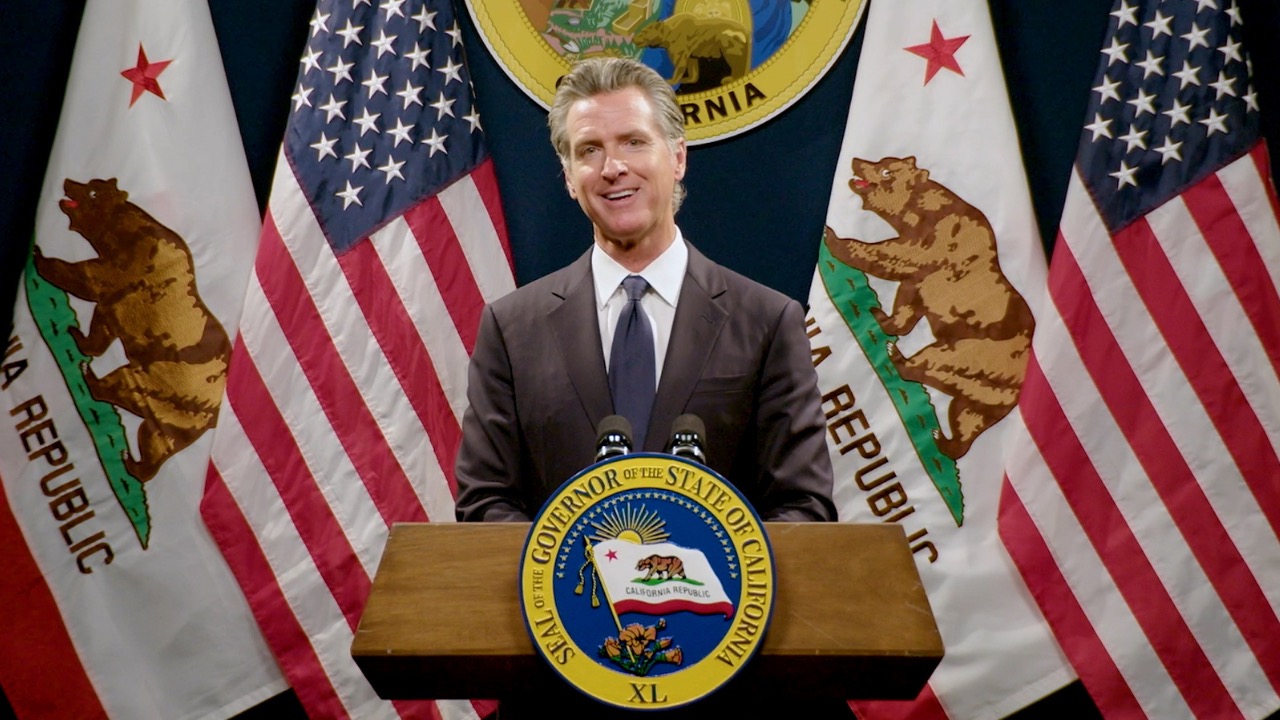Governor Gavin Newsom’s decision to pre-record his upcoming State of the State address has stirred varied reactions across California, particularly among political circles.
The move to release the speech on his YouTube channel instead of delivering it live has drawn criticism from Republican legislative leaders, who argue that the decision undermines the traditional engagement between the governor and the state legislature.
As per cbsnews Republican critics have labeled the pre-recording as disrespectful to the entire legislative body, emphasizing the importance of live addresses for fostering direct interaction and accountability.
This sentiment reflects broader concerns over transparency and the role of traditional legislative practices in modern governance.
Alex Vassar, spokesperson for the California State Library, acknowledged that while Newsom’s choice breaks from historical norms, it is within his authority as there are no constitutional barriers preventing a pre-recorded address.
Related Articles:
Amazon Hit with $5.9M Fine Over California Warehouse Quota Violations
Invasive Insect Threatens California’s Wine Industry
Controversy Erupts as California Governor Prefers Pre-Recorded State of the State Address
This departure highlights the evolving landscape of communication strategies in government, where digital platforms offer new avenues for public officials to engage with constituents.
Meanwhile, the Governor’s Office has outlined the speech’s focus on critical state issues including homelessness, mental health, and public safety.
These topics are pivotal as California navigates complex challenges exacerbated by economic disparities and social unrest.
As Californians await the release of Newsom’s pre-recorded address, the debate underscores ongoing discussions about the balance between tradition and technological innovation in governance.
While some applaud the accessibility of digital platforms for reaching broader audiences, others caution against diluting the immediacy and accountability of live legislative engagements in shaping state policies.
